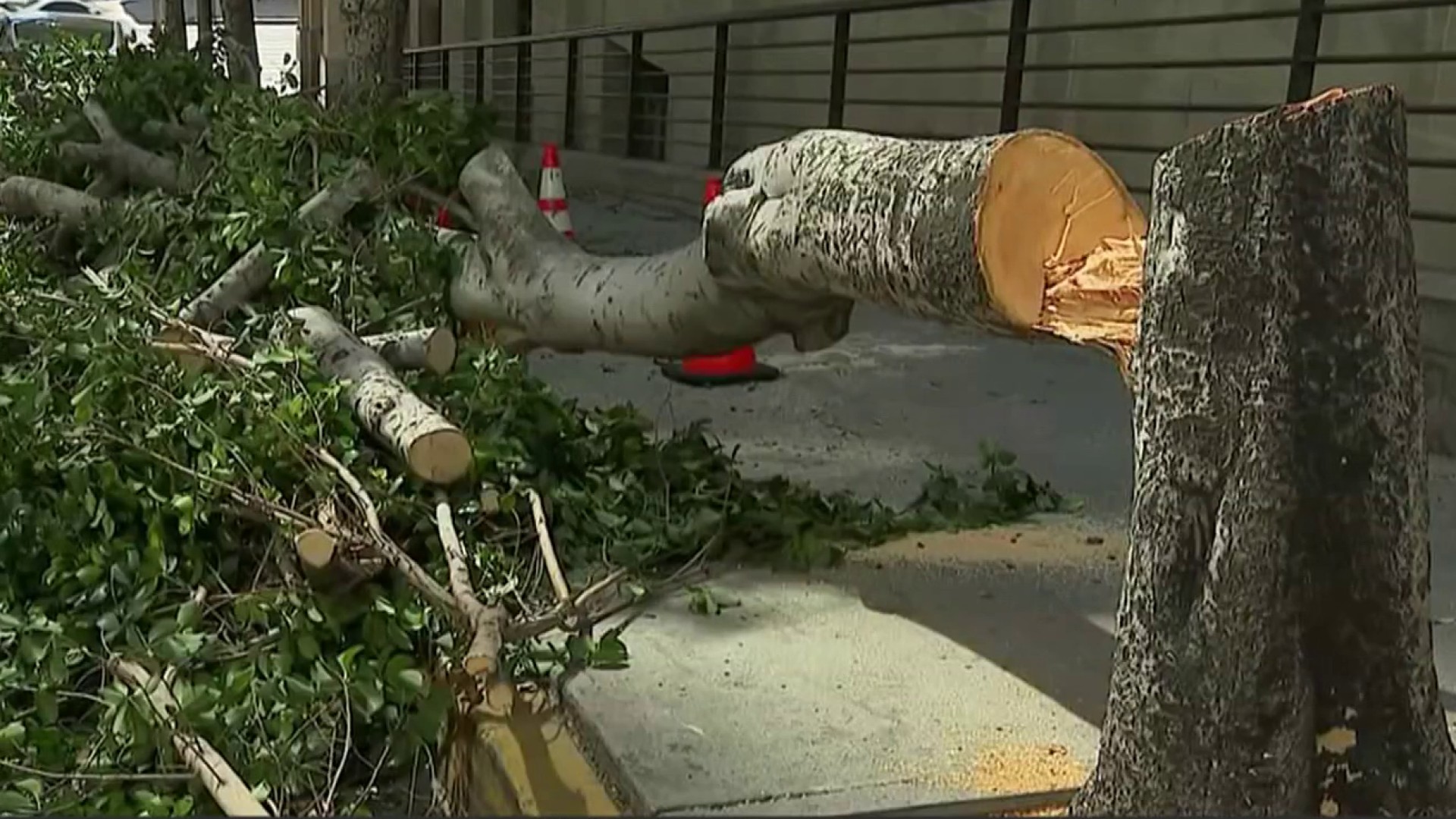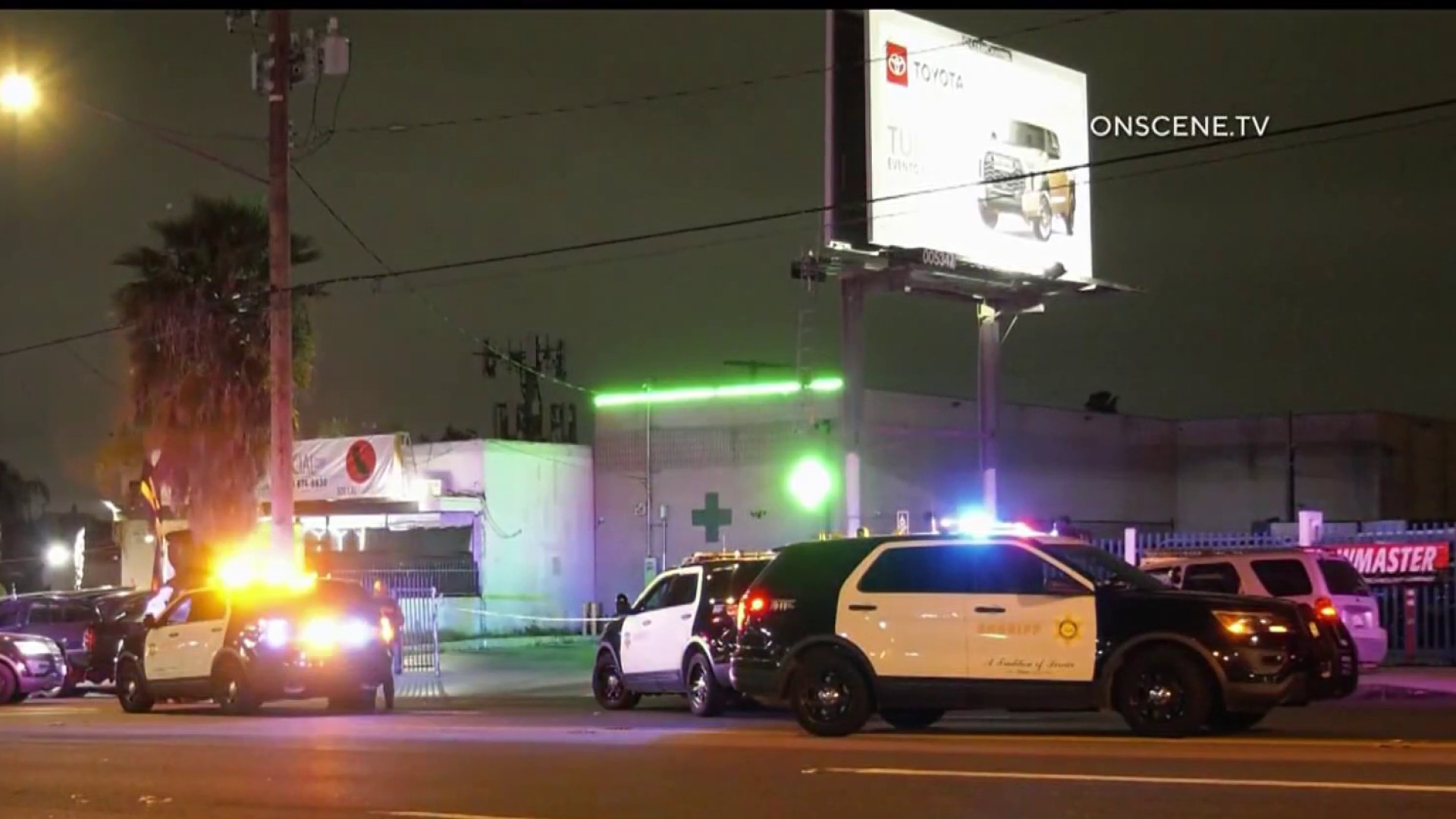A tool that lets sexually active people receive and share their STD testing results digitally is now available to junior high and high school students in the Los Angeles School District.
Qpid.me relays STD and HIV test results from a health care provider to the user, who can then choose whether to send that information to a potential partner.
The free service is available to anyone older than 13. It's not a program implemented district wide, but rather is available for health education teachers to use in their curriculum if they choose to, Timothy Kordic, manager of LAUSD’s HIV/AIDS Prevention Program, told NBC4 Thursday.
“We have a huge epidemic of STDs going on in Los Angeles right now. We know that the people we have to look at and target right now are 13- to 24-year-olds,” Kordic said.
"That’s the group that are increasing their infection rates … and it’s coming from sexual activity,” he added.
Offering a digital tool to tech-savvy students so they can be aware of their sexual health status seemed natural, Kordic said.
“We need to make sure we get as much information to the youth as possible to make sure they make better, healthy decisions,” Kordic said.
Local
Get Los Angeles's latest local news on crime, entertainment, weather, schools, cost of living and more. Here's your go-to source for today's LA news.
Kordic said QpidMe.com was “heavily” vetted to make sure it was appropriate for students as young as those in seventh grade.
If students choose to use the service, they’ll receive two messages – one with their results and another about how to prevent the STDs for which they were tested, among them gonorrhea, chlamydia, syphilis and HIV.
That message will say something to the effect of “be careful. Even though they’ve been tested, they may have had sex since. Make sure you use a condom,” Kordic said.
There’s no way to search for other users’ sexual health status and all of the information comes directly from a health care provider or clinic – it’s never self-reported, Qpid.me founder Ramin Bastani said.
When asked if using his service among high school students may promote sexual activity, he replied: “We’re actually promoting testing.”
NBC4's Kim Baldonado and John Cadiz Klemack contributed to this report.



